Emerging India in Asia-Pacific
In stock
After Independence in 1947, India was found to be more inward-looking than showing concern for its eastern neighbours. Its indifference to the ASEAN process and inclination towards the Soviet Union only widened the Gulf between India and the ASEAN members. The termination of Cold War brought in a radical change in the perceptions and approaches of the regional powers towards regional cooperation. India’s gradual integration with ASEAN, the enlargement of ASEAN into a full-fledged regional grouping, ASEAN’s Summit level dialogues with China, Japan and Korea, (ASEAN+3) and India (ASEAN+1), have all kept the spirit of regional cooperation high. Having steered it Look East Policy as a means of getting integrated with East Asia, India is now committed to consolidating the partnerships at various levels. India is not only being projected as a counter-balance to China, but also considered as a bridge to the markets to other Asian countries. The historic East Asia Summit held in December 2005 at Kuala Lumpur, clearly demonstrated that the concept of Asian-ness is at last translated into reality. This book contains 23 articles on the subject authored by eminent scholars in their respective field of specialization. The multidisciplinary character of the contents and treatment in this volume is obvious. The wide range of papers, delving deep into economic, cultural, political and strategic aspects at bilateral and multilateral levels, has shed light on the inherent potentialities and strengths of India to broaden and consolidate its prospects in Asian affairs. The facts and figures provided in various articles of this volume are a valuable source of information for the scholars who would be involved in research on India’s multilateral relationships in Asia-Pacific region. In short, the book is useful for all those concerned with India’s sustained engagement with its eastern neighbours.

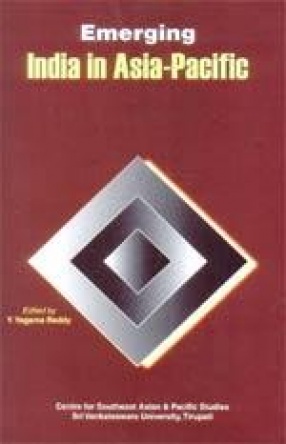
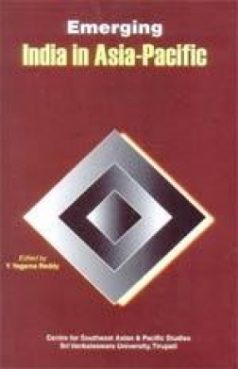
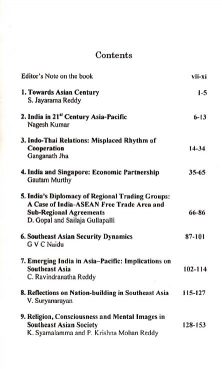
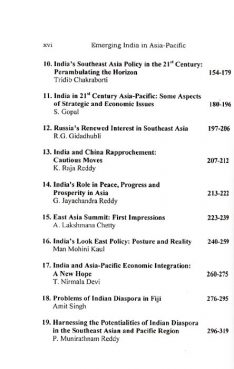
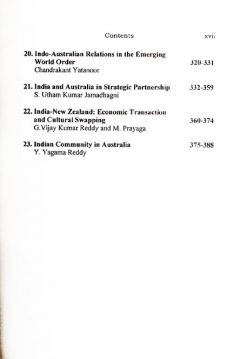
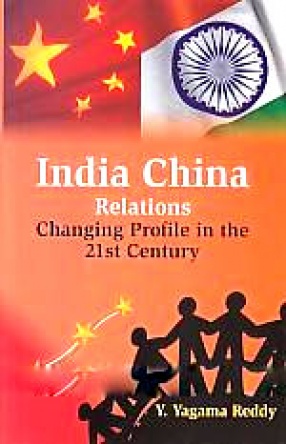
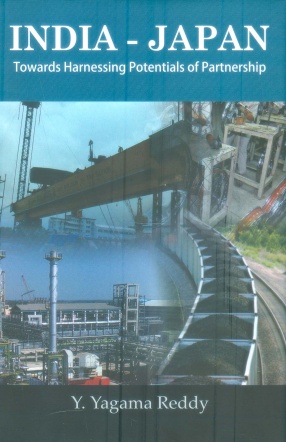
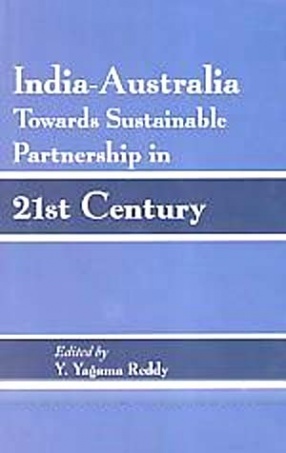

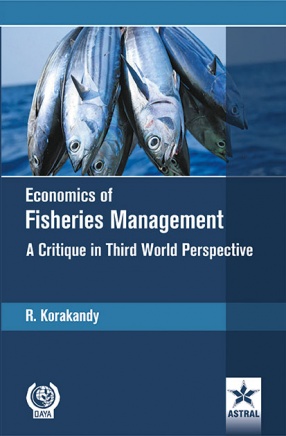
There are no reviews yet.